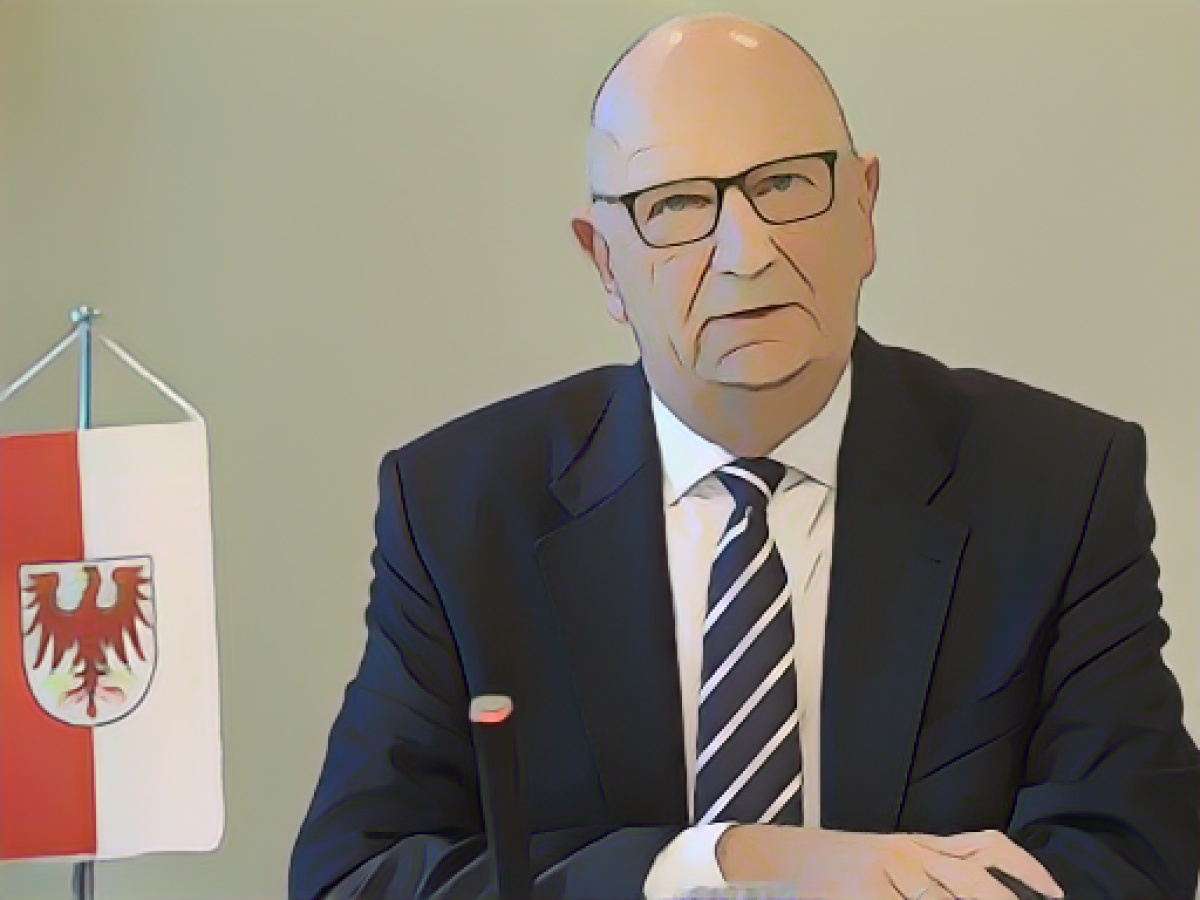Brandenburgan Leader Woidke Urges Federal Aid for Refugee Housing
In the face of the financial and political challenges associated with refugee housing, Brandenburg's Minister President Dietmar Woidke pressed the federal government to provide more financial support. "It's a huge problem, both financially and politically. That's why I hope the federal government will budge," Woidke said during internal consultations in Berlin ahead of the federal-state conference with Chancellor Olaf Scholz.
Woidke highlighted that local services like youth clubs and libraries might have to cuts back their operations to accommodate the refugee housing costs. "We need a breathing system that can absorb the extra pressure from refugees," he stated.
Earlier in October, the heads of state governments, including Thuringia's leader Bodo Ramelow and Bavaria's leader Markus Söder, reached a consensus. Woidke expressed hope that the federal government would understand this consensus and collaborate with the states to implement it.
However, the federal government plans to cut its share from 3.75 to 1.25 billion euros for refugee accommodation. The federal states have declined this proposal and instead demand a lumpsum of 1.25 billion euros and at least 10,500 euros per migrant.
On the financial impact, it's worth noting that Germany spent 27.6 billion euros on refugee-related expenditures in 2023, which constitutes around 6% of the federal budget. Of this, 10.6 billion euros were spent on addressing the causes of forced migration, and 10.4 billion euros were allocated for social welfare payments. The federal states contributed almost 6.4 billion euros for services under the Asylum Seekers’ Benefits Act.
Refugee-related issues present several challenges for local services and federal states. These challenges include straining municipal infrastructure, financial burden, and integration difficulties. Lack of affordable housing, shared accommodation issues, and insufficient childcare services affect municipalities. Moreover, the integration of refugees requires significant coordination between immigration offices and local communities, often demanding extensive financial resources.
Addressing these challenges requires collaborative efforts between the federal and state levels to provide adequate support and resources for refugee accommodation. Woidke urged the federal government to be mindful of the shared decision made in October and to work alongside the states in implementing a fair financing solution.







